Here’s why: Next year, small-business health plans — generally those that cover fewer than 100 workers — will have to comply with a wide range of new rules, particularly the ones that say employees can’t be charged more if they have health problems. Their premiums will vary based only on their age, whether they have individual or family coverage, what part of the country they live in, and whether they use tobacco — and older workers won’t be able to be charged more than three times as much as younger ones.
Those changes will be helpful to small businesses with older workers and employees with health problems, but they also mean that small firms with younger, healthier workers will have to pay more than they used to. The new small-business plans will also have to cover the same set of minimum benefits that individual health plans will have to provide, including pediatric care and mental health and substance abuse services.
“If you can’t use health [to set premiums] anymore, some people will move down and other people will move up,” said Gary Claxton, director of the Health Care Marketplace Project at the Kaiser Family Foundation. “If you’re a group of three 21-year-old men, you’ll pay more, because a group of three 64-year-olds somewhere else will be paying less.”
A lot of small businesses pushed off those changes this year by renewing their old, pre-Obamacare health plans early, extending them into next year. A common tactic, according to insurers and brokers, was to reset their plans with a Dec. 1 renewal date, which allowed them to hold onto the old benefits and rules as long as possible.
Next year, though, many of those small businesses will have to upgrade to health plans that comply with the new Obamacare rules. Unlike the canceled health insurance policies that largely hit this fall, those changes will be spread throughout the year.
But there will be a cluster of December renewals, industry officials say, and those small businesses will get the first look at their new premiums in October — right at the height of an election that’s increasingly being framed as a referendum on the impact of Obamacare.
Read the full report here.



